2024 Frequently Asked Questions About psychedelic in USA
FAQs
FAQ 1: Are psychedelic drugs legal in USA?
The legal status of psychedelic drugs in USA varies from State to State. While some State have more permissive policies, others strictly prohibit their use. It’s important to research and understand the laws of the specific State before engaging in any psychedelic activities.
FAQ 2: Are psychedelic retreats safe?
Psychedelic retreats can provide a safe and supportive environment for individuals exploring psychedelic experiences. However, it’s crucial to choose reputable organizations and facilitators who prioritize participant well-being, provide adequate preparation and integration support, and adhere to ethical practices.
FAQ 3: Can psychedelic-assisted therapy replace traditional therapy?
Psychedelic-assisted therapy is not intended to replace traditional therapy approaches. Instead, it is seen as a complementary treatment option for specific mental health conditions. Integration of psychedelic experiences with ongoing therapy and psychological support is typically recommended for optimal outcomes.
FAQ 4: Are there any risks associated with Ayahuasca ceremonies?
Ayahuasca ceremonies can involve profound and intense experiences. There are potential risks, including physical discomfort, psychological distress, and the emergence of challenging emotions or memories. It’s essential to approach Ayahuasca ceremonies with proper preparation, guidance from experienced facilitators, and a commitment to personal safety and well-being.
FAQ 5: Can psychedelic drugs be addictive?
Psychedelic drugs, such as LSD and psilocybin, are not considered physically addictive. However, they can be psychologically habit-forming in some cases. Responsible use, proper set and setting, and integrating the experiences into daily life are crucial to minimizing potential risks and promoting well-being.
FAQ 6: How can I contribute to psychedelic research and advocacy in USA?
If you are interested in supporting psychedelic research and advocacy in USA, you can engage in educational initiatives, participate in clinical trials (if eligible), support organizations working in the field, and stay informed about relevant policy developments. Your contributions can help advance the understanding and responsible use of psychedelics.
FAQ 7: What is DMT?
DMT, short for Dimethyltryptamine, is a powerful hallucinogenic compound found naturally in various plant species, as well as in the human brain. It belongs to the tryptamine family of compounds and has been used for centuries by indigenous cultures in spiritual and ceremonial contexts. DMT is renowned for its ability to induce intense hallucinatory experiences and profound altered states of consciousness.
FAQ 8: What is the Origins of DMT ?
DMT has a rich history deeply intertwined with indigenous cultures across the globe. It has been used in traditional rituals and spiritual practices for centuries. From the Amazon rainforests to the African savannahs, DMT has played a significant role in the shamanic traditions of various civilizations. These ancient cultures considered DMT as a gateway to other realms and a means of connecting with the divine.
FAQ 9: What is the Chemistry of DMT ?
At a molecular level, DMT for sale online is classified as a tryptamine compound. Its chemical structure consists of two methyl groups attached to the nitrogen atom of the indole ring. This unique structure enables DMT to pass the blood-brain barrier rapidly, leading to its potent psychoactive effects. The presence of DMT in the human brain is still a subject of scientific investigation, with many theories speculating its role in consciousness and mystical experiences.
FAQ 10: How Does DMT Work?
DMT primarily interacts with the serotonin receptors in the brain, particularly the 5-HT2A receptor. By binding to these receptors, DMT disrupts normal brain activity, leading to profound alterations in perception, cognition, and emotions. The exact mechanisms underlying DMT’s effects are still not fully understood, but research suggests that it modulates the brain’s glutamate system, which plays a crucial role in sensory perception. 2024 Frequently Asked Questions About psychedelic in USA
Conclusion
USA has played a significant role in the exploration, research, and integration of psychedelic drugs into various aspects of society. From the pioneering work of Albert Hofmann to the current advancements in psychedelic-assisted therapy, the continent continues to shape the landscape of psychedelic experiences. As interest in these substances grows, it is crucial to approach them with respect, responsible use, and a commitment to fostering understanding and well-being.
 sales@psychedel.us
sales@psychedel.us  +1 (317)606-4381
+1 (317)606-4381 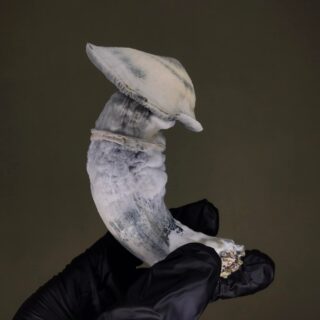
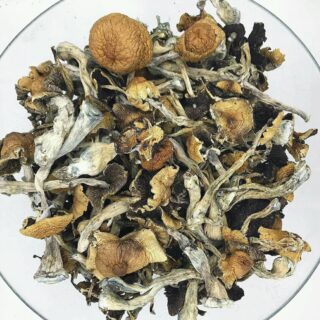
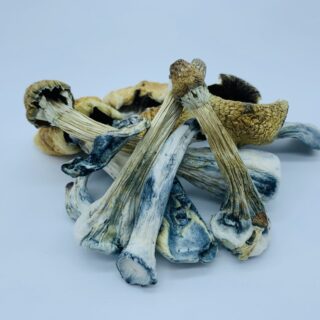
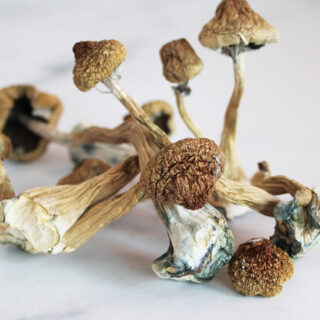
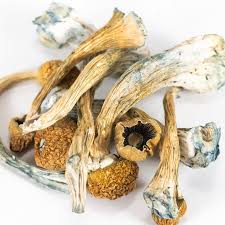
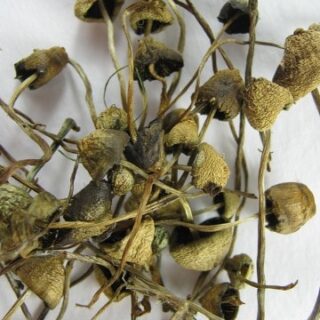
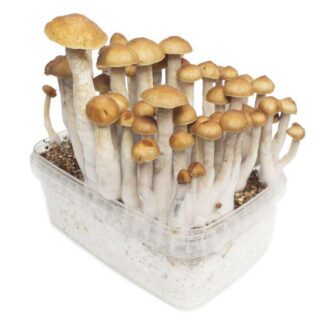
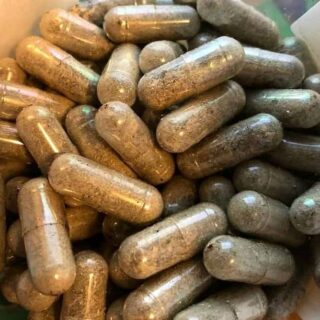
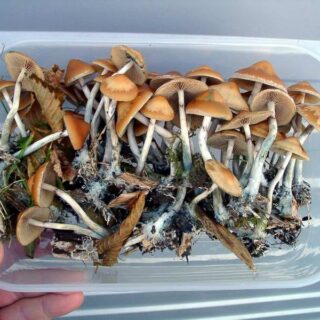
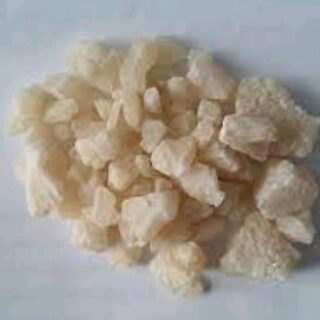
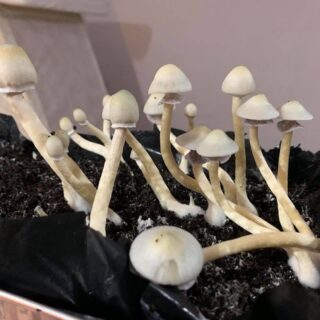
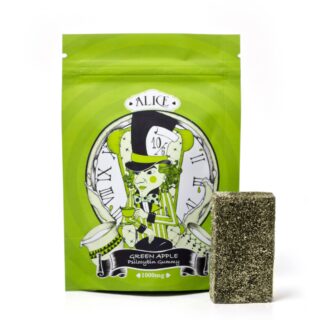
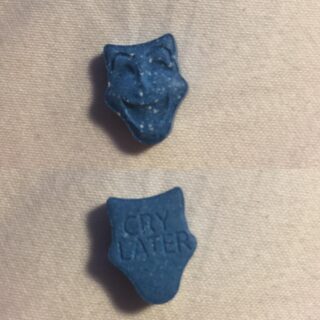
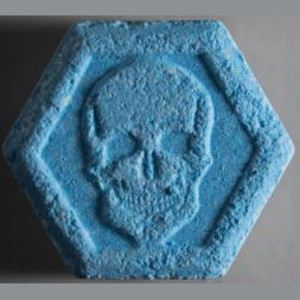


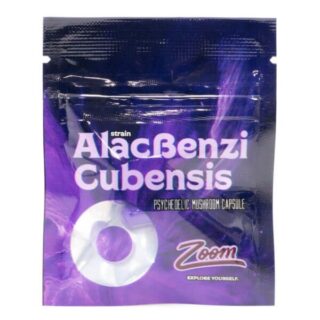
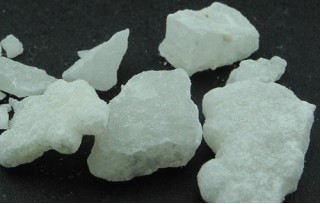
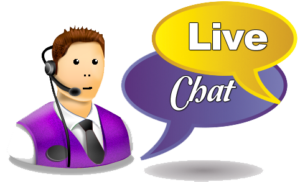




Leave a Reply